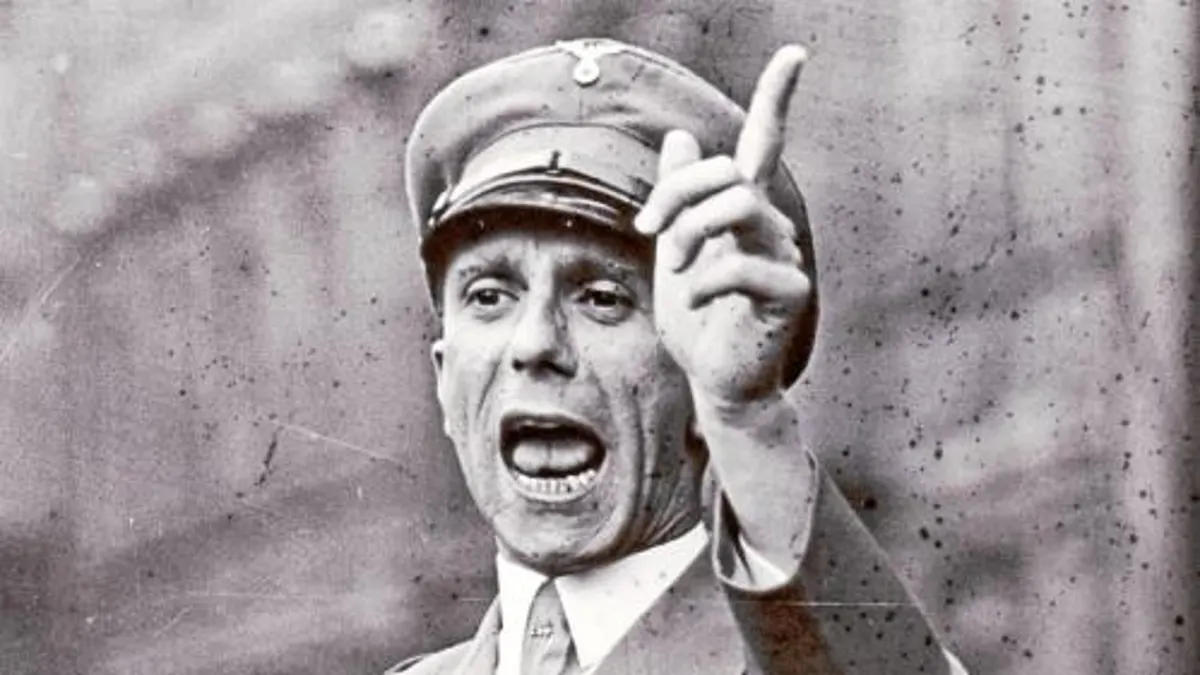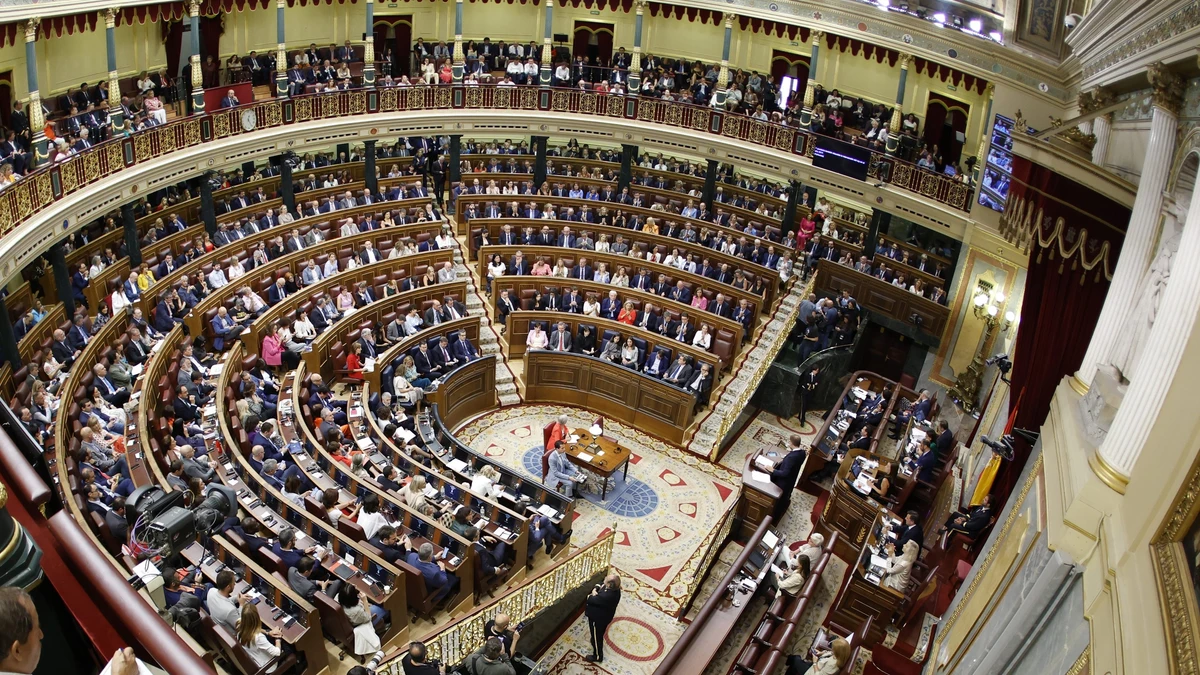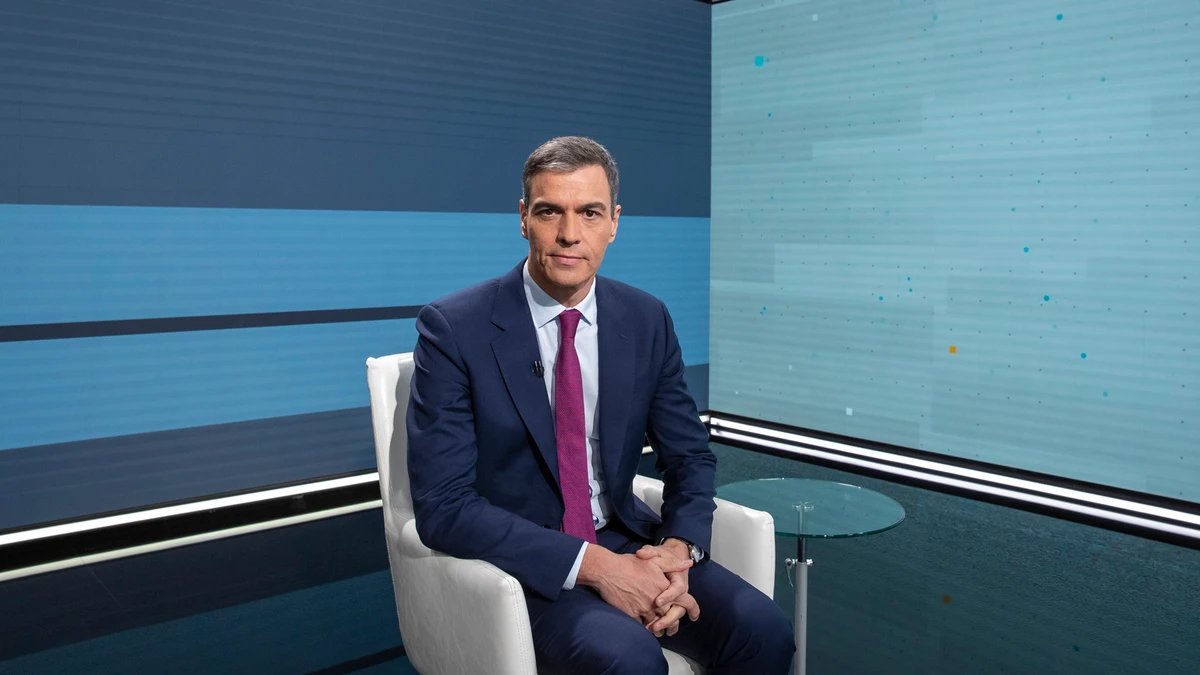Things had been tense on the Wentworth Police District Council for a while by the time Ephraim Lee walked out of the group’s December meeting.
He apologized to the room for the council’s dysfunction and said: “If you want to see this (unprofessionalism), then you can just go down to City Hall.” Then he left.
Lee had only served on the brand-new civilian council for the 2nd Police District for seven months, which was meant to represent the civilian voices of Hyde Park and Kenwood residents in the affairs of the Chicago Police Department. But rifts among council members over workload and meeting attendance quickly deteriorated into accusations of lying, public condemnation and rumors of resignation. An attempted no-confidence vote was one of the flashpoints punctuating an early meeting.
The Wentworth Police District Council is just one of 22 newly elected three-member bodies that went into office last year after the Chicago City Council passed an ordinance in July 2021 meant to “create a new model for police oversight, accountability, and public safety.” Besides the sweeping federal consent decree meant to reform Chicago’s embattled Police Department, the councils are the product of the broadest push for civilian oversight of police the city itself has ever undertaken.
But citywide, many of the 66 councilors, who took office last May, are struggling to find their footing.
One of the councils serving Chicago’s Loop had a vacancy until March and struggled to function. A council on the West Side has to file a public information request with the police command staff to get any information. Other councils are beset with interpersonal conflicts and frosty relationships among members and the police districts they represent, with at least one council dogged with racist accusations between members.
Even members of a North Side council considered “the valedictorians” of district councils — with their frequent meetings, a newsletter and solid relationships — said they don’t feel they have what they need to be effective in their new roles.
The district councils tasked with nominating the members of the new, citywide Community Commission on Public Safety and Accountability, which is meant to play a central part in selecting and removing the police superintendent and other general orders of the Police Department, on March 8 sent a list of 15 names for Mayor Brandon Johnson to select permanent commission members. But Johnson was poised to blow a Sunday deadline to select names from the list.
Eric Russell, council chair of the Gresham District (6th), is so disappointed in his role that he plans to resign at the end of the month.
“The only thing they wanted us to do as district council members was to be goodwill ambassadors,” he said. “They should have just called us goodwill ambassadors if that’s all they really wanted.”
Friction in Wentworth
Frank Chapman, an activist who helped lead the yearslong fight to establish the district councils, calls the council members, who are paid $500 a month, “the eyes and ears” for the Community Commission on Public Safety and Accountability. The district councils are meant to be a conduit between residents and law enforcement.
“The more unified the leadership is of a district, the more effective that district is going to be in holding the police accountable,” he said.
University of Chicago law professor Craig Futterman said it is still in the early days for Chicago’s latest attempt at police oversight and accountability. To him, the fact that the district councils and the community commission exist at all is a significant step forward.
“Even getting it off the ground and running is meaningful,” he said.
But exactly what makes a district council successful in its work and how a council fulfills the ideal of community oversight of law enforcement is not yet completely clear, he said.
“There’s a lot that isn’t defined and a lot of ambiguity and competing visions,” he said.
In Wentworth, the council’s dynamic had been strained before Lee walked out in December.
Council member Julia Kline, who is white, had called a Black city staffer a “clever monkey” while addressing the staffer shortly after being elected in May 2023, according to emails obtained by the Tribune in a Freedom of Information Act request.
That remark prompted a group of the city’s newly elected council members to attend the district’s July 2023 meeting to comment on “racially insensitive comments the councilor had made and hopes for accountability and apology,” according to minutes from the meeting.
In a lengthy written statement to the Tribune, Kline said she had apologized to the staffer in July 2023.
“I’m deeply, deeply sorry for the harm I know I caused,” she wrote. “I remain committed to continuing to learn to do better, as well as restoring any remaining unresolved harm from this incident.”
Her email had enraged council Chair Alexander Perez, whose feud with Kline began when they ran for office.
Records show the councilors arguing over Kline’s meeting attendance and whether she was fulfilling her assigned duties in the weeks following the July meeting. A discussion about the agenda at the council’s December meeting exploded into an argument about the accuracy of minutes from a previous meeting and whether agenda items were being appropriately considered.
That’s when Lee walked out.
Lee said he left because he was “not going to look like a fool” and was frustrated with the conflict that had beset his council since they were seated.
“(Perez) really has an issue with (Kline), and she being who she is, does not know how to back down and only seems to fight fire with fire,” he said of his colleagues.
He said the acrimony keeps the council from achieving its goal of helping citizens and police reach common ground.
“Our infighting has allowed the 2nd District to continue to function in a manner where we’ve been dismissed,” he said.
For Perez, every minute spent arguing and condemning one another is time lost for building connections between residents and police.
“We’re going into year two with a majority of our community still not knowing who we are, what we are, why we are,” he said. “We should be ashamed of that.”
Albany Park: Facing an empty room
District council members from across the city said attendance at their monthly meetings has varied dramatically in the first year they’ve operated. A meeting of the Morgan Park 22nd District Council on the Far South Side drew dozens of people in the wake of a well-publicized carjacking, but most other meetings only draw a handful of people.
Chapman, who advocated for the ordinance that established the district councils, observed that some of the districts have as many as 75,000 constituents, but only 10 to 15 people attend meetings every month. It’s not unusual for public meetings to draw thin crowds, but Chapman said it was disappointing anyway.
“That’s not exactly how we saw this working out in terms of the democratic process,” he said.
At a recent meeting in Albany Park, 17th District Council member Beth Rochford exhaled as she stared out at a sea of empty chairs.
Only three people showed up for the March 19 council meeting in the multipurpose room of Linne Elementary School. Even her fellow council members were no-shows.
Rochford’s two co-councilors had told her via email late the day before they wouldn’t be attending, she said. It was election night. While she couldn’t conduct official business as the only councilor present, she didn’t want members of the public to walk into an empty room without explanation, so the meeting went on — unofficially.
“We passed out flyers all over the community,” she said. “You can’t un-flyer somebody’s house. I couldn’t not come.”
It was not just that Rochford felt a sense of duty. As a member of the group ONE Northside, she’d helped write the 2021 ordinance that shaped the commission and police councils, often joking that she “was going to run for one of those district council seats if we ever passed this crazy thing.”
It did pass. She did run, drawing on her upbringing in a police family and her work as a nurse as anchors in her campaign. She won a council seat alongside Steve Spagnolo and Anthony Tamez. And then she was looking out at the empty chairs at Linne Elementary, jaw clenched.
Other frustrations besides turnout have dogged Rochford’s first months in office. Minutes from the council’s August meeting show she publicly apologized to her Tamez “for telling other district councilors he wasn’t doing anything.”
Tamez said he and Rochford have “a bit of a disagreement” about what community engagement looks like in their district.
“I want to engage (residents) on things that are meaningful, and I believe that that comes from policy,” he said. “I can’t really speak for what my co-councilor believes in, but I believe that it goes further than just getting people to show up to these monthly community meetings.”
Tamez said the Community Commission on Public Safety and Accountability, which operates with interim members, has done “phenomenal work.” But he did not feel the Albany Park council had been effective since they were seated almost a year ago.
“I wouldn’t put that blame on any of us,” he said. “It should have been the job of the city to educate people on what they were voting for and why these positions were important.”
Andrea Dantus who works with the district council members as a staff counsel with Impact for Equity, said many of the challenges district council members have faced so far are related to establishing themselves and their roles.
“They’re doing really well with the resources that they’ve been given,” she said.
Political differences and distrust
In Deering, political divisions about law enforcement have made the work of the council overseeing the 9th Police District challenging.
Minutes from the group’s first meeting show the gathering was laced with profanity and slurs from “people who would like to defund the police” directed at Councilor Denise McBroom.
Erin Vogel, 9th Police District Council member, center, prepares for the council’s monthly meeting at the McKinley Park Field House in Chicago on March 27, 2024. (John J. Kim/Chicago Tribune)
“This meeting was unproductive, in my opinion,” McBroom wrote in the minutes of the first gathering in May 2023.
Councilor Erin Vogel is a self-described police abolitionist, and minutes show frequent public comments from residents who question whether they “can work with (her) to make change when she makes statements about wanting to abolish police.”
Some of the comments have been very personal.
“Someone had accused me of being the reason why police officers take their own lives,” Vogel said of the council’s December meeting.
However, Vogel said she has connected with residents even in the conservative parts of the district, which sprawls from Chinatown and Bridgeport to Englewood and Back of the Yards. Those inroads, she said, don’t always show up in the meeting minutes.
Erin Vogel, 9th Police District Council member, addresses attendees during the council’s monthly meeting at the McKinley Park Field House in Chicago on March 27, 2024. (John J. Kim/Chicago Tribune)
Whatever her constituents’ political bent, she said she tries to remind them that her goal is to improve public safety.
“My interpretation of what safety looks like can be different than theirs, but I have been able to build common ground with folks,” she said.
On the Near West Side, the council is still trying to earn trust — but with the police themselves.
Leonardo Quintero, a 12th District Police Council member, sits behind a screen as Briana Payton (not pictured), director of policy and advocacy at Chicago Appleseed Center for Fair Courts, speaks on the topic of the Pretrial Fairness Act to a small group of people attending a monthly meeting of the 12th District Police Council at the Union Park field house on Chicago’s Near West Side on March 20, 2024. (Chris Sweda/Chicago Tribune)
At the March meeting of the 12th District Council in the Union Park field house, two city workers wrangled a balloting machine at the back of the room. The council members and invited speakers had to raise their voices over the rattle and crash so the six attendees could hear them. They had to vacate the building at 7 p.m.
Michelle Page, Leonardo Quintero and Chloe Vitale, who ran together on a slate they described as “pro-accountability,” are happy with their working relationship. It’s their relationship with the district’s police command staff that’s the problem.
When the group needs information from Near West District police, they said, they have to file a Freedom of Information Act request.
“The CCPSA was intended to be a police accountability system,” Vitale added. “And unfortunately, it’s sort of panning out that we don’t really have mechanisms for accountability.”
Michelle Page, left, a 12th District Police Council member, listens as Briana Payton speaks at a monthly meeting of the 12th District Police Council on March 20, 2024. (Chris Sweda/Chicago Tribune)
Andrea Dantus, the lawyer who has been working with the district councils, said there isn’t currently a policy requiring communication between district council members and command staff members. Dantus’ organization, Impact for Equity, was a signatory to a December letter to the Community Commission on Public Safety and Accountability asking it to work with police Superintendent Larry Snelling on a policy requiring communication between the police and district councils.
Chicago Police Department representatives did not return a request for comment.
The future
Adam Gross, executive director of the Community Commission on Public Safety and Accountability, said district councils are conduits of information and a filter for selecting members of the body that ultimately weighs in on the workings of the Police Department, as well as a guide for that body, he said.
“This is a totally new form of accountability that has never existed in Chicago, and that, to a significant extent, doesn’t exist anyplace else,” he said.
Gross said the district council members have “significant’” power under the ordinance, but because the approach is new, staffers and council members are still figuring out how best to wield that power.
“The district councils are the first time that there is a democratically elected body within each police district that is supposed to be playing a role in determining what public safety looks like in that district,” he said.
Rochford, of the Albany Park District Council, feels that the council’s work is off to a slow start. But she was encouraged by the nomination process, which she described as collaborative.
As Chicago works to implement the consent decree, Rochford believes leaders won’t reach the root causes of issues “unless everybody who’s involved in this thing has a seat at the table.”
Rochford has one of 66 seats, but even more important than her having a seat was the seven members of the Community Commission for Public Safety and Accountability being involved in the governance of the Police Department.
“They hold the power really,” she said. “We are their boots on the ground.”
The public just needs to know that they’re there.





